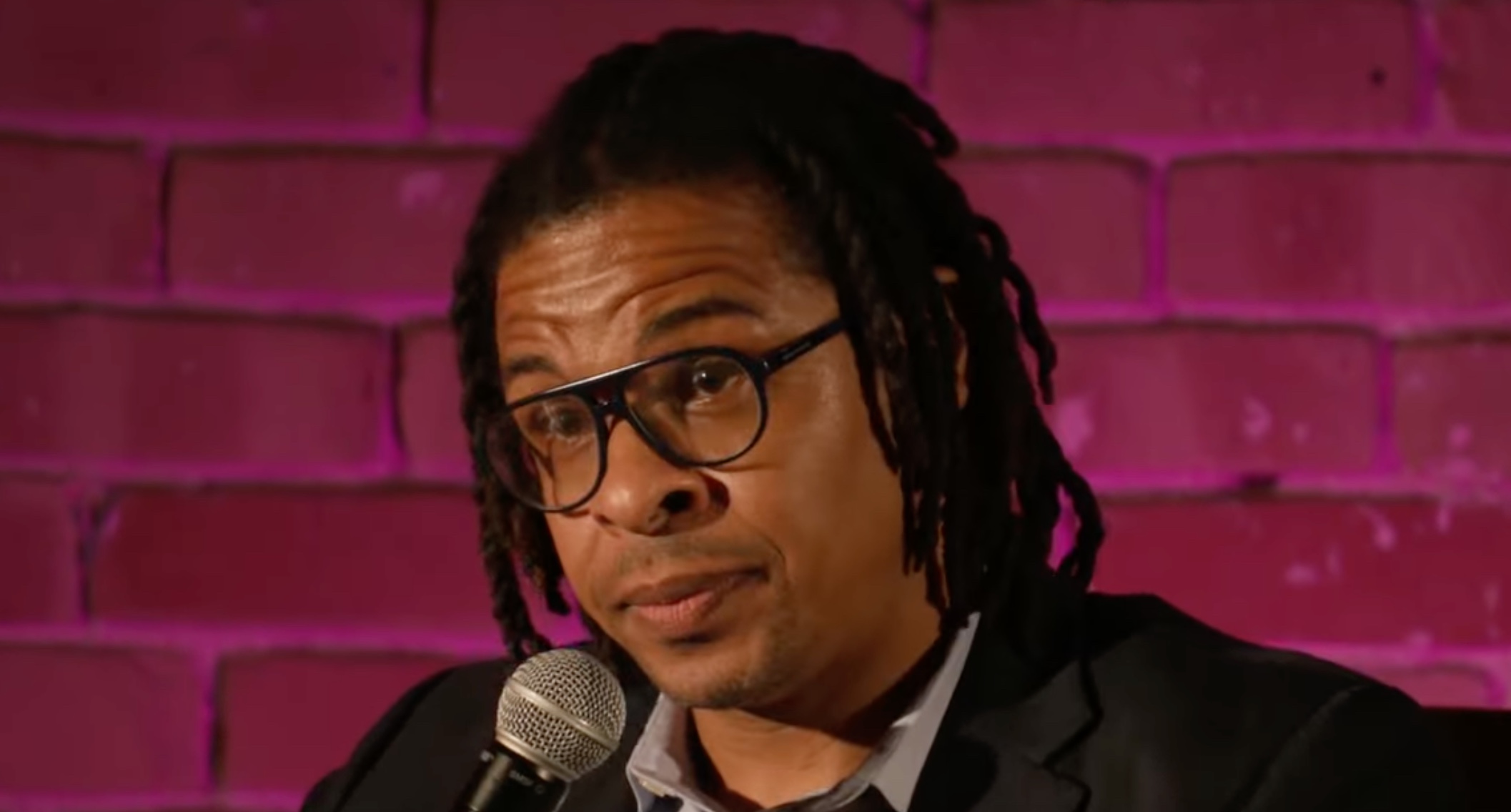Economist Roland Fryer faced backlash for publishing research that contradicted the narrative of racial bias in police shootings.
Despite finding no evidence of racial bias in the shootings, Fryer faced severe criticism and threats, requiring police protection.
“On non-lethal uses of force, blacks and Hispanics are more than fifty percent more likely to experience some form of force in interactions with police,” the report stated.
“On the most extreme use of force — officer-involved shootings — we find no racial differences in either the raw data or when contextual factors are taken into account.”
“I collected a lot of data. We collected millions of observations on everyday use of force that wasn’t lethal. … And it was in this moment, 2016, that I realized people lose their minds when they don’t like the result,” Fryer said.
“So what my paper showed … was that yes, we saw some bias in the low-level uses of force — everyday pushing up against cars and things like that. People seemed to like that result,” he said.
“But we didn’t find any racial bias in police shootings. Now that was really surprising to me because I expected to see it.”
“When I found this surprising result, I hired eight fresh ones and redid it to make sure,” Fryer said. “They came up with the same exact answer. And I thought it was robust.
“And I went to go give it, and my God, all hell broke loose.”
“It was a 104-page, dense academic economics paper with a 150-page appendix, OK?” he said. “It was posted for four minutes when I got my first email — ‘This is full of [expletive]. It doesn’t make any sense.’”
“And I wrote back, ‘How’d you read it that fast? That’s amazing! You are a genius.’”
“And I had colleagues take me to the side and say, ‘Don’t publish this. You’ll ruin your career.’ And I said, ‘What are you talking about?’ I said, ‘What’s wrong with it?’”
Colleagues told Fryer, “Well, the issue is they just don’t fit together. We like the first one, but you should publish the second one another time.”
“I said, ‘Let me ask this: If the second part about the police shootings — this is a literal conversation — I said to them, ‘If the second part showed bias, do you think I should publish it then?’ And they said, ‘Yeah. Then it would make sense,’” he said.
“And I said, ‘I guarantee you I’ll publish it. We’ll see what happens.’”
“I lived under police protection for about 30 or 40 days,” Fryer said. “I had a 7-day-old daughter at the time … So I was going to the grocery store to get diapers with an armed guard. It was crazy. It was really, truly crazy.”
The incident has shed light on the left’s reluctance to accept findings that challenge their beliefs, the influence of academia in promoting certain narratives, and the speculation that public opinion is shaped by various institutions.
Most Popular:
FBI Informant Who Criticized Biden Gets Bad News
Drag Queen Principal Learns His Fate Amid Controversy


